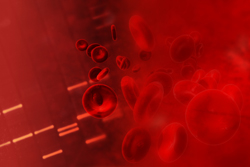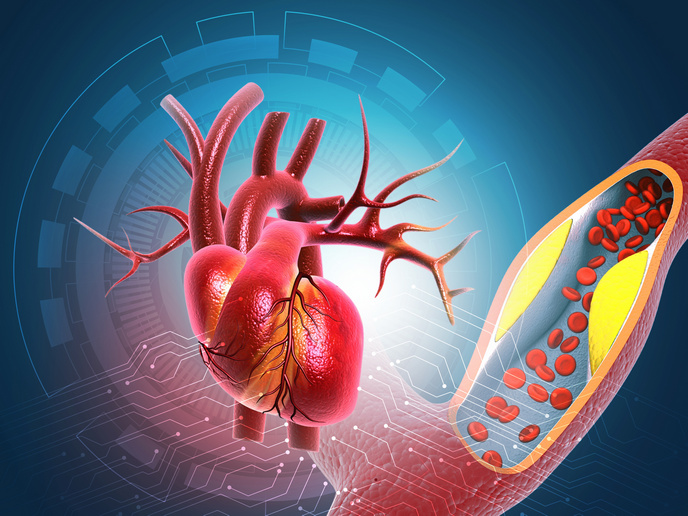Coumarin therapy — Optimising patient dosage and safety
Coumarin therapy can be used for treatment of thrombosis. To avoid the potential danger of oral vitamin K therapy, the EU-funded 'A pharmacogenomic approach to coumarin-anticoagulant therapy' (EU-PACT)(opens in new window) project was initiated to reduce hospital admissions and deaths arising from bleeding. Efforts focused on optimising and individualising anticoagulant therapy based on genotyping and patient characteristics. EU-PACT members conducted a randomised clinical trial in six countries and tested three types of coumarin drugs: warfarin, phenprocoumon and acenocoumarol. Algorithms were developed and validated for coumarin dosing with and without genotyping. The point-of-care test (POCT) for genotyping CYP2C9 and VKORC1 was also validated for this study protocol to evaluate patient resistance or sensitivity to coumarins. Factors assessed included international normalisation ratio (INR), effects of co-using statins and (es)omeprazole, efficacy of pre-prescription genotyping, safety and cost effectiveness. INR testing is commonly used by clinicians to assess time to attain target therapeutic range (TTR) and determine optimal drug dosage levels. Study outcomes revealed that polymorphisms in CYP2C9 and VKORC1 genes could significantly increase the risk of over- and under-anticoagulation when using acenocoumarol or phenprocoumon. A lower acenocoumarol dose was indicated for patients also taking statins such as atorvastatin and simvastatin. Users of (es)omeprazole were found to require lower doses of phenprocoumon. The statistical analysis plan for determining the cost effectiveness of pharmacogenetic-guided dosing of coumarins is awaiting approval by the Drug Safety Monitoring Board (DSMB). Data analysis should reveal if incorporating genetic data in a coumarin dosing algorithm increases patient safety or not. EU-PACT outcomes could alter coumarin dosing regimens and improve the quality of care for thromboembolic patients. Tailoring dosage to patients' needs would reduce treatment failures and expenses involved with frequent INR monitoring. Adoption of this genotype-guided coumarin dosing worldwide will have important implications for the European economy and scientific competitiveness.







